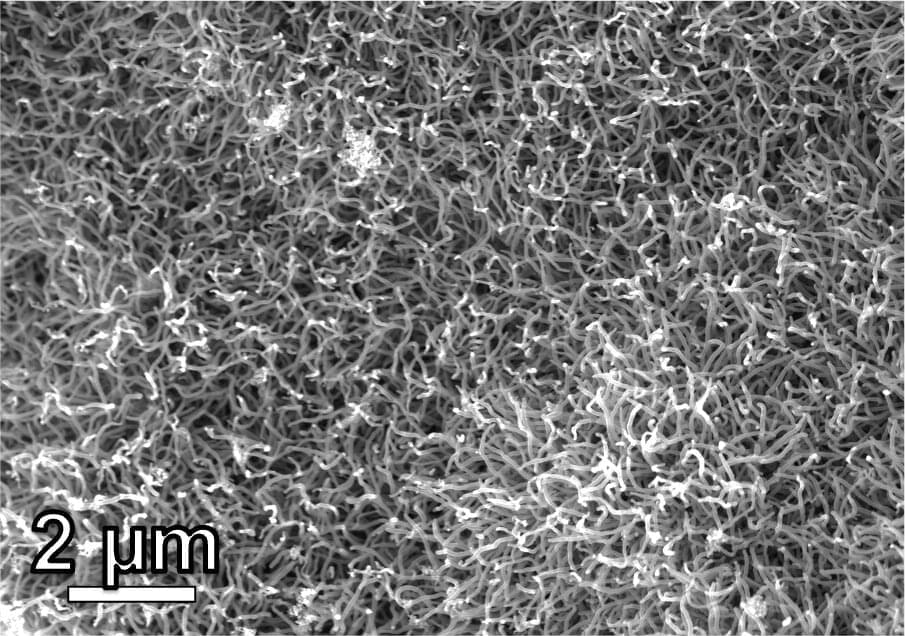Putting that soda bottle or takeout container into the recycling bin is far from a guarantee it will be turned into something new. Scientists at Rice University are trying to address this problem by making the process profitable.
The amount of plastic waste produced globally has doubled over the past two decades—and plastic production is expected to triple by 2050—with most of it ending up in landfills, incinerated or otherwise mismanaged, according to the Organization for Economic Cooperation and Development. Some estimates suggest only 5% is actually being recycled.
“Waste plastic is rarely recycled because it costs a lot of money to do all the washing, sorting and melting down of the plastics to turn it into a material that can be used by a factory,” said Kevin Wyss, a Rice graduate student and lead author on a study published in Advanced Materials that describes how he and colleagues in the lab of chemist James Tour used their flash Joule heating technique to turn plastic into valuable carbon nanotubes and hybrid nanomaterials.
